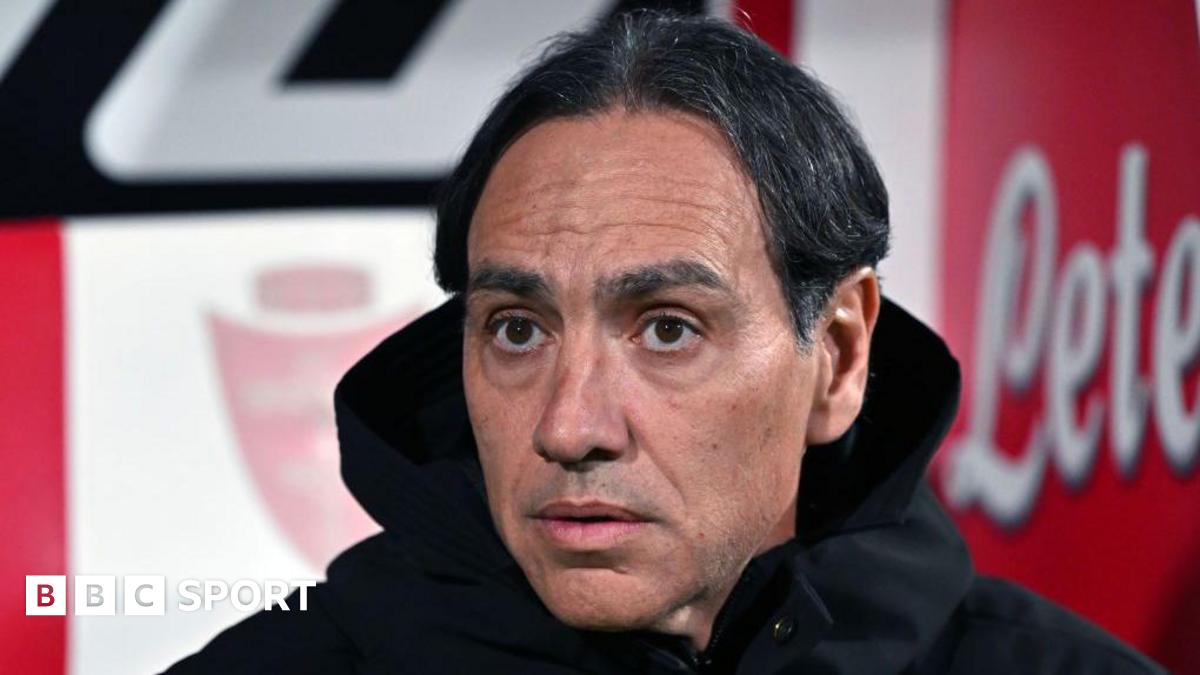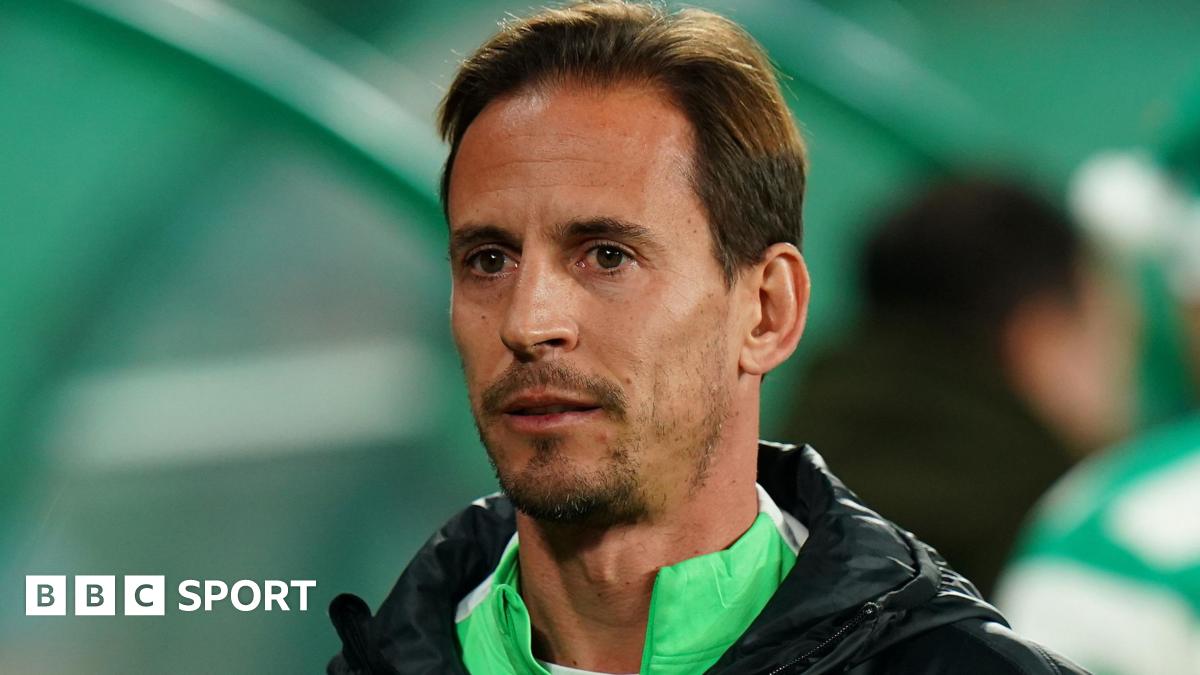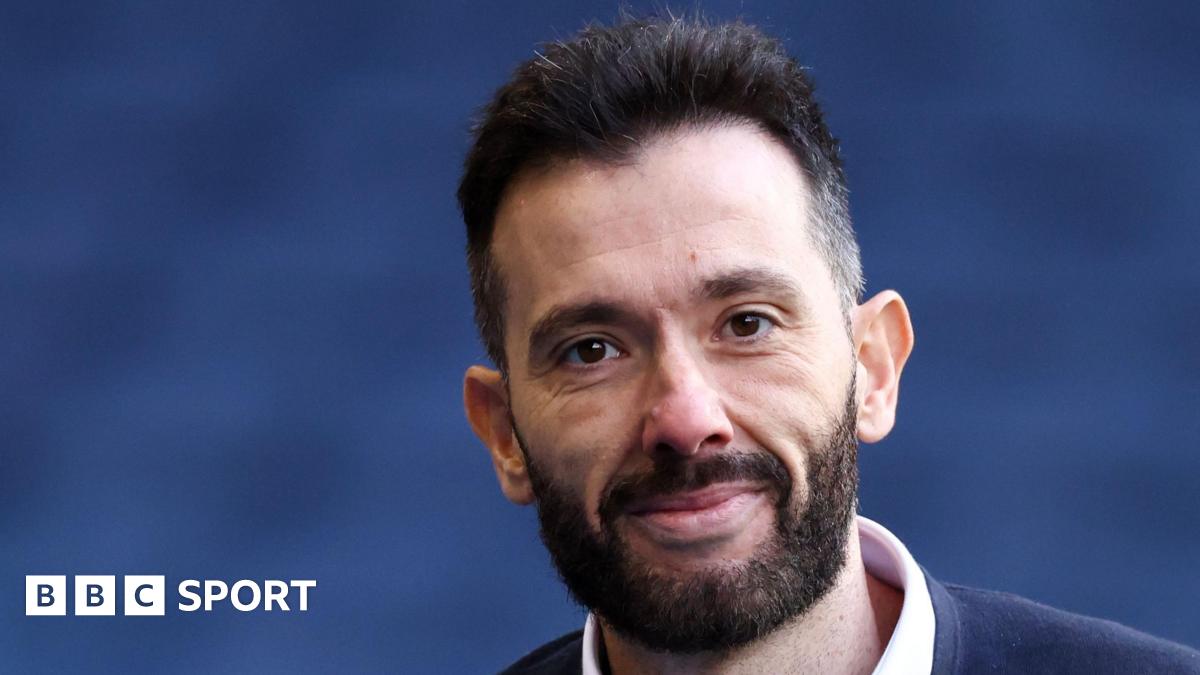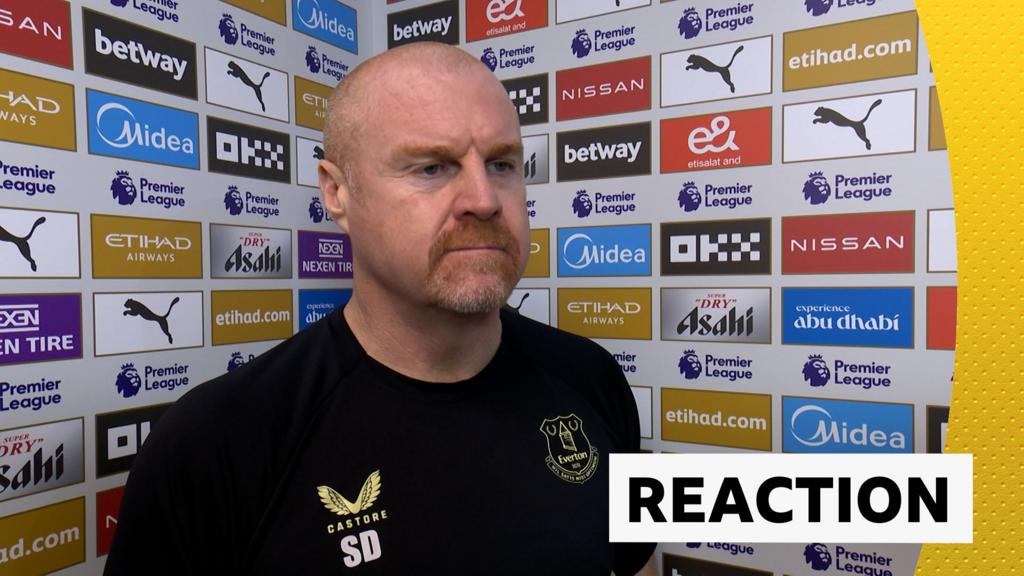The responsibility for McLaren’s turnaround rests largely with two people – Stella and Zak Brown, the chief executive officer of McLaren Racing.
It was Brown who started the process of recovery when he joined as executive director in 2016.
Brown secured the extra investment the team needed at the end of 2020 to get them out of a situation in which, as he put it in Abu Dhabi, they were “definitely on the brink – we were in a situation where we knew if we didn’t have a cash injection, we would have been at risk of starting the (next) year”.
And it was Brown, who was made CEO in April 2018, who saw the potential in Stella.
Brown believed this cerebral, eloquent, philosophical, understated engineer was the person to reverse the decline the team had experienced in 2022, when they had slipped to fifth in the constructors’ championship, after finishing third and fourth in the previous two seasons.
Up and down the pit lane, not everyone shared his confidence. But Stella’s leadership has been a revelation.
By mid-2023, McLaren leapt almost overnight from close to the back to become the team closest to dominant Red Bull.
And after a slow start to 2024 there was another great leap forward in Miami in May this year.
Since then, they have had on average F1’s fastest car. There have been bumps along the way as a newly reconfigured team have learned on the hoof how to compete at the very front. And a Ferrari team who have themselves been on an impressive journey of recovery have pushed them all the way. But in the end McLaren came through.
Stella thanked Brown, McLaren Group chairman Paul Walsh and the shareholders – the team is majority owned by the Bahraini sovereign investment fund, and the extra investment four years ago came from the US-based MSP Sports Capital – “for their faith in the change that gradually they have implemented”.
He added: “When you are trusted and start to be able to deliver the investments that were necessary, then you can compete at the top.
“The final bit of this circle came from unlocking the people. I am not sure if you can appreciate the meaning if you are not part of seeing such rapid progress of 1,000 people.
“But that’s what has happened, because you cannot achieve the standards, this performance, this reliability without every one of the 1,000 people operating at a very high level.
“That’s what we have gone through in 10 years at McLaren, but hopefully it is not an end point, it is just a starting point for more to come in the future.”



















